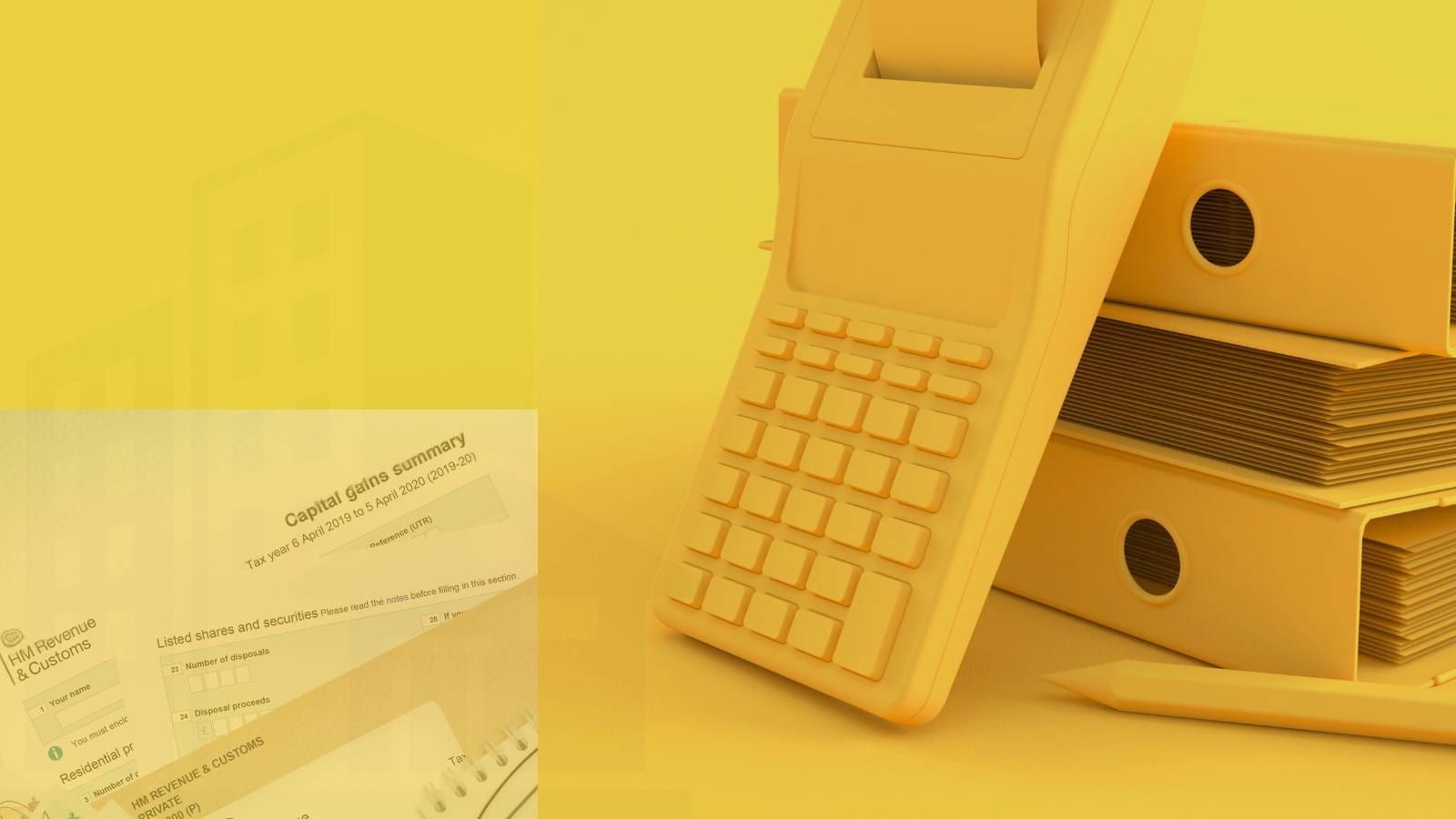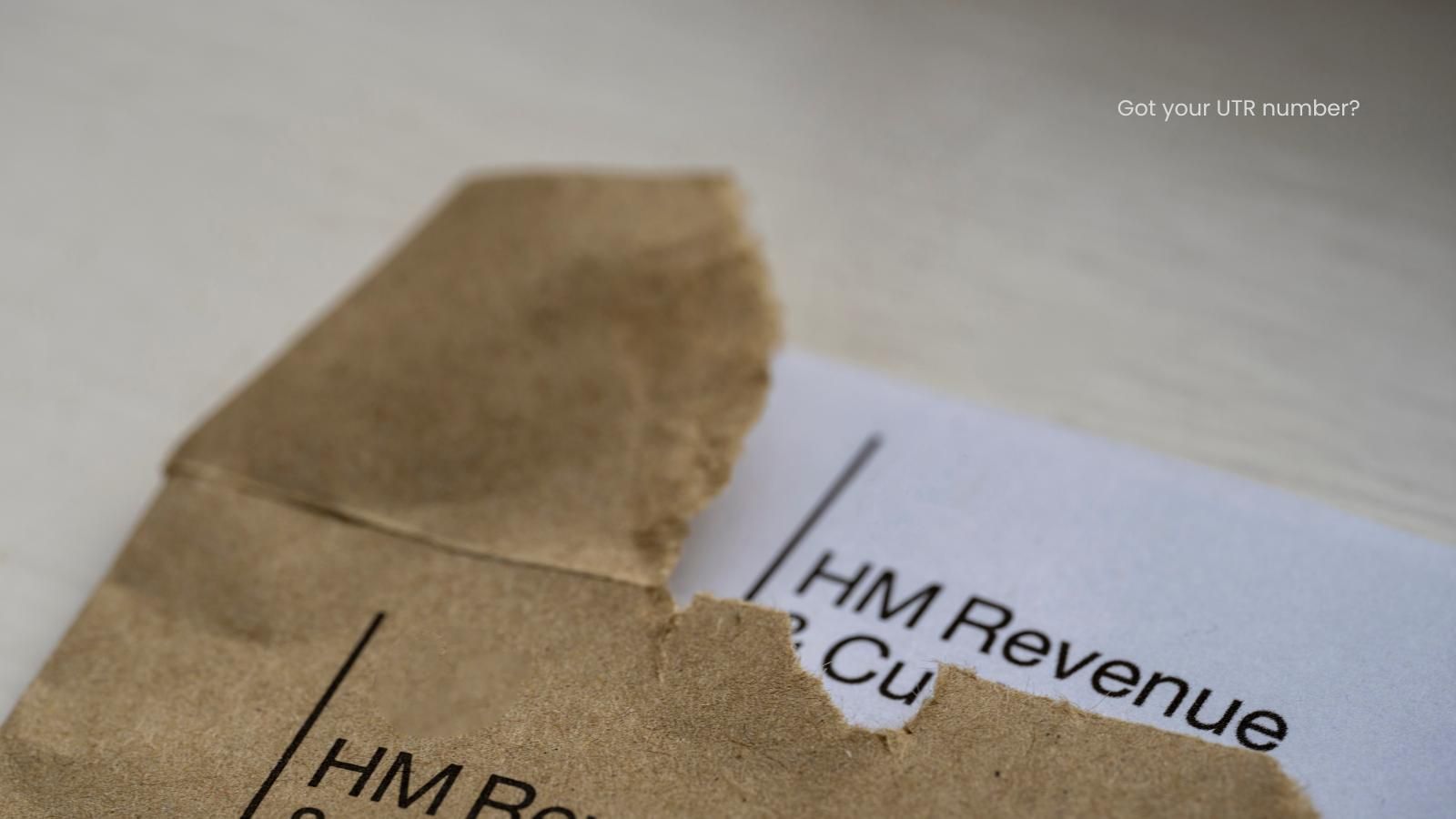Saving Just £3 a Day Adds Up
Try Saving Just £3 a Day, it Adds Up to £1,095 in a Year!
If saving money feels impossible, you're not alone. Between rising living costs, unexpected bills, and everyday expenses, many people assume that saving is only for those with extra cash to spare. But the truth is, even small amounts make a surprisingly big difference - especially when you’re consistent.
As accountants, we're used to working with big numbers, but the most powerful financial habits often start small. Let's take a simple example: saving just £3 a day.
At first glance, £3 doesn’t seem like much - it's the price of a takeaway coffee, a meal deal, or a quick online purchase you might not even remember the next day. But over time, those
small amounts add up in ways that can genuinely
transform your finances.
The Power of Consistency: £3 a Day = £1,095 a Year.
Let's do the maths.
£3 × 365 days = £1,095
That's over a thousand pounds in one year - simply by saving the price of a coffee each day.
Now, imagine doing that every year for the next five years. That's more than £5,400 saved, without any complex investments or drastic lifestyle changes. And if you were to place that money into an easy-access savings account earning even a modest interest rate, the total could be higher still.
It's the perfect illustration of one of the most powerful financial principles: consistency beats intensity. You don’t need to make huge sacrifices; you just need to make small, regular ones that compound over time.
Why Small Savings Matter
There's a psychological element to saving, too. Many people give up on their savings goals because they set the bar too high. But £3 feels achievable. It's realistic, easy to visualise, and - most importantly - easy to stick to.
Here's why small daily savings work so well:
- They're manageable. You don't have to rethink your entire budget to find £3 a day.
- They build momentum. Each week, you'll see progress, which reinforces your motivation.
- They create awareness. When you start noticing where your small spends go, you naturally make better choices elsewhere.
- They grow faster than you think. Once you’ve built the habit, you can scale it up - £5 a day, £10 a week, or more.
Practical Ways to Save £3 a Day.
You don't have to turn your life upside down to free up £3 a day. Here are 5 easy, practical ideas to start saving now:
- Make your own coffee. Cutting one takeaway coffee a day could easily save £60-£80 a month.
- Pack your lunch. Bringing lunch from home just twice a week can save £25-£30 weekly.
- Cancel unused subscriptions. Many people pay for apps or memberships they've forgotten about. A quick audit could free up £10-£20 per month.
- Round up your spending. Apps like Monzo, Starling, or Revolut automatically round up purchases to the nearest pound and save the change.
- Set up an automatic transfer. Have £3 moved into your savings account every day or £21 weekly - you'll barely notice it's gone.
The key is consistency. Once the habit is in place, saving becomes automatic, not a chore.
The Hidden Benefits of Saving Regularly.
Beyond the obvious financial gain, saving regularly builds something even more valuable: financial discipline. It's not just about what you're saving - it's about who you're becoming.
Here's what happens when you develop this simple daily saving habit:
- You gain control. Instead of reacting to money problems, you start anticipating them.
- You create a safety net. That £1,095 could cover car repairs, Christmas spending, or unexpected bills - without turning to credit.
- You reduce stress. Having even a small emergency fund helps you sleep better at night.
- You open doors. Over time, those savings can become the seed for investment, debt repayment, or business growth.
Money management isn't just about pounds and pence - it's about peace of mind.
Make It Work for You.
To make your '£3 a day' plan stick, treat it like any other important commitment.
1. Set a clear goal. What are you saving for? A holiday, a new laptop, or an emergency fund? Having a purpose keeps you motivated.
2. Keep it visible. Track your progress using a spreadsheet, app, or savings jar. Visual progress keeps momentum strong.
3. Automate it. Set up automatic transfers so you don't rely on willpower.
4. Reward yourself. When you hit milestones (e.g. £250, £500), treat yourself modestly - you've earned it.
Beyond £3: The Habit That Builds Wealth.
While £3 a day is a great starting point, the real lesson here is about behaviour. Building wealth isn’t about one big decision - it's about making the right small decisions over and over again.
Once you see how easy it is to save £1,095 in a year, you'll start spotting other opportunities to grow your money - switching to a better savings account, reducing unnecessary fees, or putting a portion into an ISA.
Accountants see first-hand how small, consistent actions lead to financial security. The people who do best with their money aren’t necessarily those who earn the most - they're the ones who pay attention, plan ahead, and stick to simple habits that compound over time.
Don't Wait, Start Now
You don't need to wait until you're earning more or have fewer expenses to start saving. You just need to start - today.
Set aside £3 before you spend anything else, and you'll be amazed how quickly it grows. By this time next year, you could have an extra £1,095 in your savings account, all from pocket change.
Remember: saving isn't about restriction; it's about freedom, the freedom to handle life's surprises, plan for the future, and make choices that truly matter.












